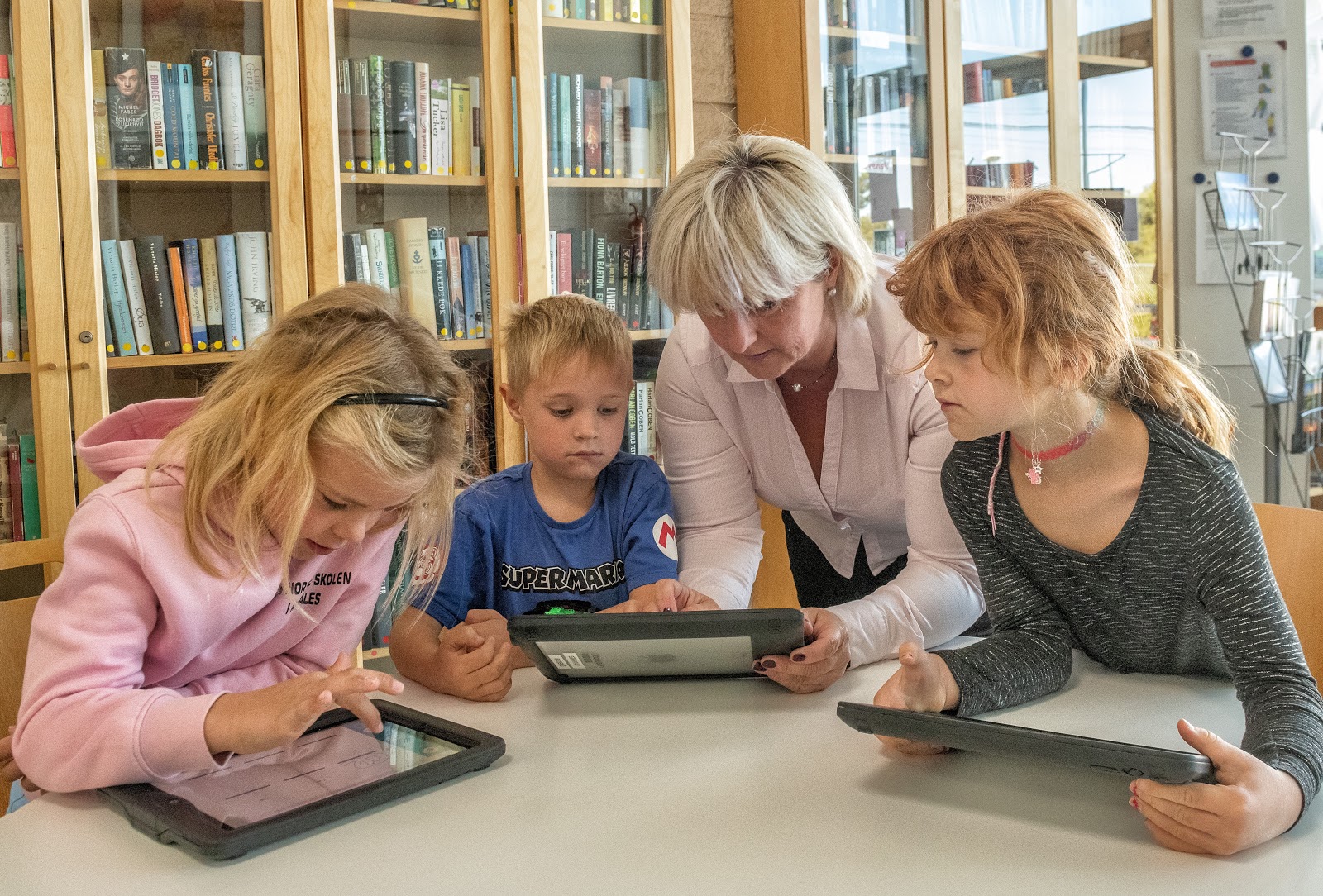Legal guide
The legal guide (only available in Norwegian) seeks to set out for public sector contracting authorities the opportunity space they have within the limits of the Norwegian Public Procurement Act. It also seeks to set out how significant added social value can be created by making active use of the opportunity space that exists under the regulations.
The guide also provides answers to a range of questions such as whether social entrepreneurs are non-profit or commercial organisations, and how the opportunity space differs between the varying types of legal entity that social entrepreneurs use. The guide also provides information on how public sector bodies can enter into an agreement with a social entrepreneur, whether it is permitted to favour a social entrepreneur, and whether one can buy the services of a social entrepreneur without running a competitive tender process because the product or service sought is unique.
